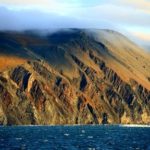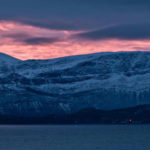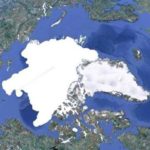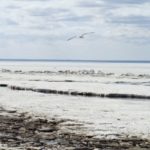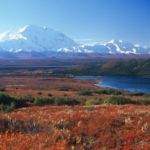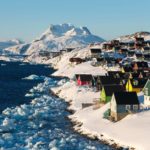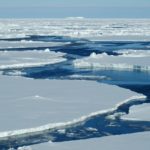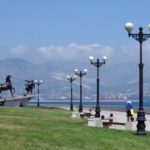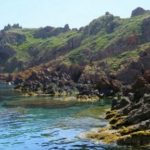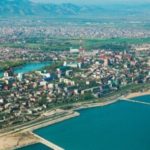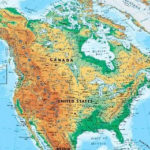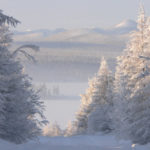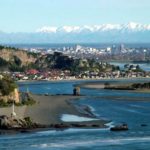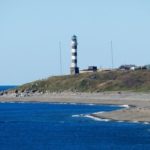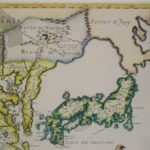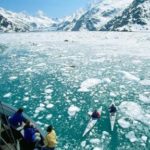Interesting facts about the island of Wrangel
 Wrangel Island is one of the northernmost points of Russia. The harsh climate and typical northern landscape with snowdrifts, stretching to the horizon – that’s the picture waiting for a brave traveler who dares to visit these places. However, the charm of the Russian North is such that most of those who have visited these regions remember with delight and pride about this trip.
Wrangel Island is one of the northernmost points of Russia. The harsh climate and typical northern landscape with snowdrifts, stretching to the horizon – that’s the picture waiting for a brave traveler who dares to visit these places. However, the charm of the Russian North is such that most of those who have visited these regions remember with delight and pride about this trip.
The weather conditions on Wrangel Island are extremely heavy – in summer the air warms only to 0 degrees, and in winter (which lasts 8 months) the temperature can drop to -60 degrees.
Polar night plunges the island into darkness and cold for 3 months – from November to the end of January.
The northern winds bring blizzards to Wrangel Island, which sweep through its territory at a speed of up to 140 km / h.
Studies show that the last mammoths on Earth, probably exterminated people – on the island of Wrangel found a paleo-Eskimos parking, which dates from 1750 BC.
Soviet researchers who landed on the island in 1926, had to stay there for 4 years – because of the ice drifting in the Chukchi Sea, it was impossible to get to the big earth. To save scientists it was possible only on the icebreaker. In 1914 on the island for 9 months “stuck” researchers from Canada.
Wrangel Island is a protected area on which there is the largest rookery of walruses in Russia (up to 100 thousand individuals). In addition, birds come to the island, related to rare and endangered species, for example, the Canadian crane and Asian white geese.
The reserve on Wrangel Island is one of the most northerly in the world, in 2004 it was included in the UNESCO World Heritage List.
In the central part of the island there are freshwater rivers, but there is no fish in them.
Most polar bears in the Arctic are born on Wrangel Island.
The rights to Wrangel Island because of its important strategic importance were presented by the USA and Canada.
From 1926 to 1994 on Wrangel Island there was the village of Ushakovskoe, which, with the collapse of the Soviet Union, also declined. From this moment there is no permanent population on the island.
